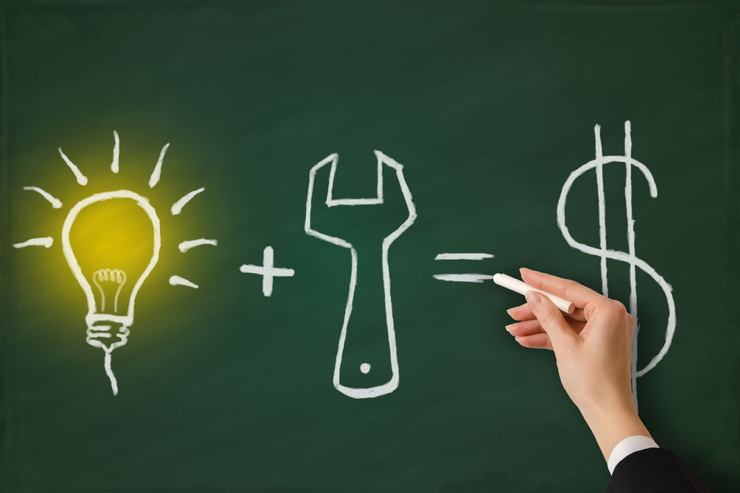What are the Consequences of a Bad Credit Score?

While consumer debt has continued to rise incrementally over the course of the last five years or so, recent reports seem to suggest this trend may be coming to an end. In fact, the average credit score in the UK has increased from 346 to 380 since 2017, and this is great news for both households and the economy as a whole.
The average credit score varies from one region to another, however, and there remains a number of customers in the UK who continue to suffer from the effects of a chequered credit history.
Make no mistake; there are numerous consequences of a bad credit score, each of which can have an impact on your everyday life. These include:
1. You May Struggle to Land a Mortgage
The property market in the UK has enjoyed a considerable boost during the fourth financial quarter, aided by favourable mortgage rates and reduced competition as fewer landlords look to add to their portfolios.
While an increase in growth and the rate of house sales may hint at a more favourable climate for mortgage applications, however, it remains almost impossible to purchase a property if you have a bad credit rating.
Mortgage lenders will appraise your credit history in detail as part of your application, and they’ll view this in an extremely negative light if you’ve previously defaulted on accounts or left unsettled debts.
This applies to your history when dealing with both secured and unsecured loans, of course, while applicants that have a County Court Judgement (CCJ) on their report retain little chance of securing a mortgage from a traditional and non-specialist lender.
2. You May not be Able to Open a Bank Account
If your credit report is really bad, even the most perfunctory and basic financial transactions may prove to be beyond your means. This includes bank accounts, which are considered by most people to be a universal staple of their everyday lives.
The reason for this is simple; as banks are also required to trust their customers implicitly if they’re to provide a current or savings account. This is particularly true in the case of advanced current accounts, which may offer a fixed overdraft amount and other non-standard features.
If you do find yourself in this position, however, there are steps that you can take to open a bank account and build your credit score incrementally.
More specifically, you could open a specialised and basic bank account through a service provider such as Think Money. This type of account enables you to manage your money and rebuild your credit score through responsible financial behaviour, while also making it easier to control your everyday spending.
3. You’ll Face Higher Interest Rates on Loans and Credit Cards
In some case, you may find yourself with a poor credit score that makes it difficult (rather than impossible) to open new lines of credit.
While this is positive in that it enables you to build positive credit transactions going forward, however, you may find yourself at the mercy of higher interest rates on new loan and credit card applications.
This is a simple transaction in the eyes of lenders, who use variable interest rates as a way of mitigating their risk according to each individual applicant.
This is why bad credit products have become increasingly popular in the modern age, as they cash advances to customers without applying excessive rates of interest.







